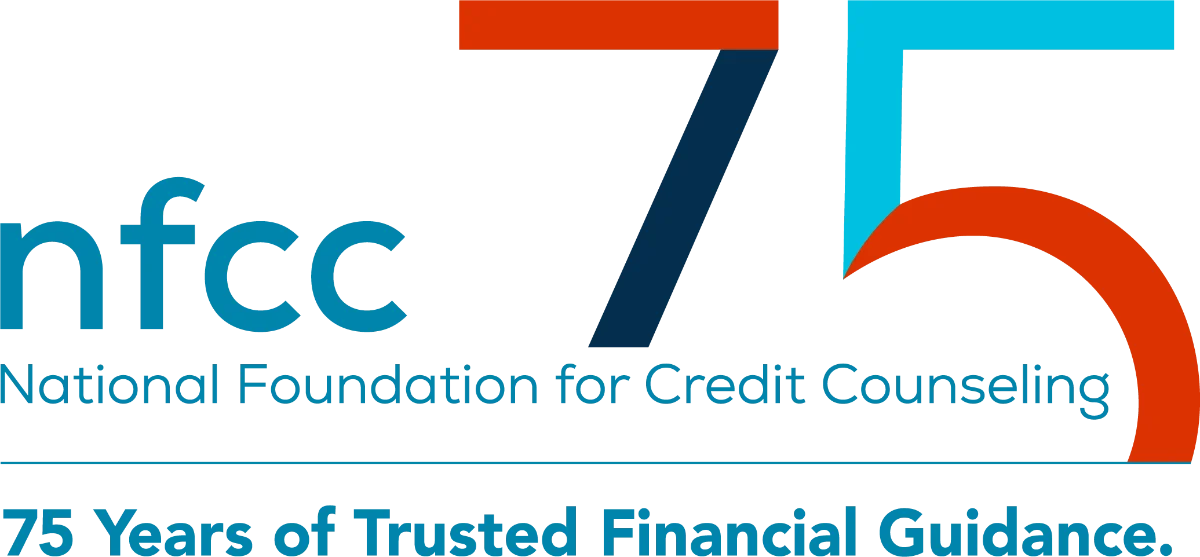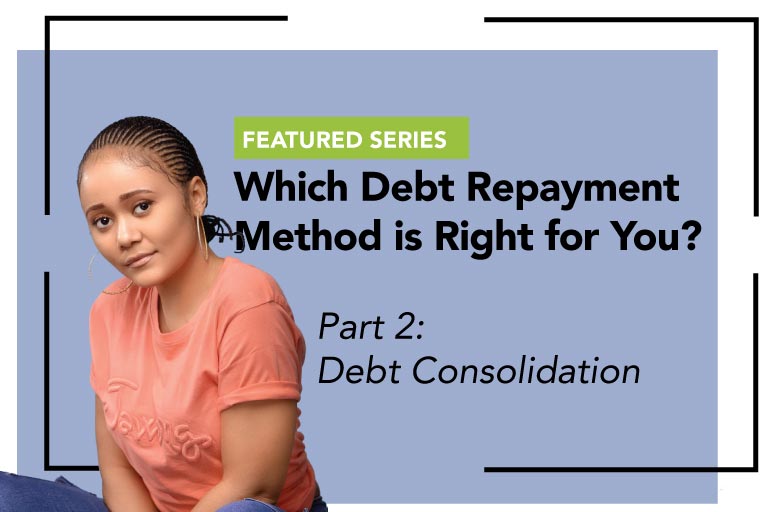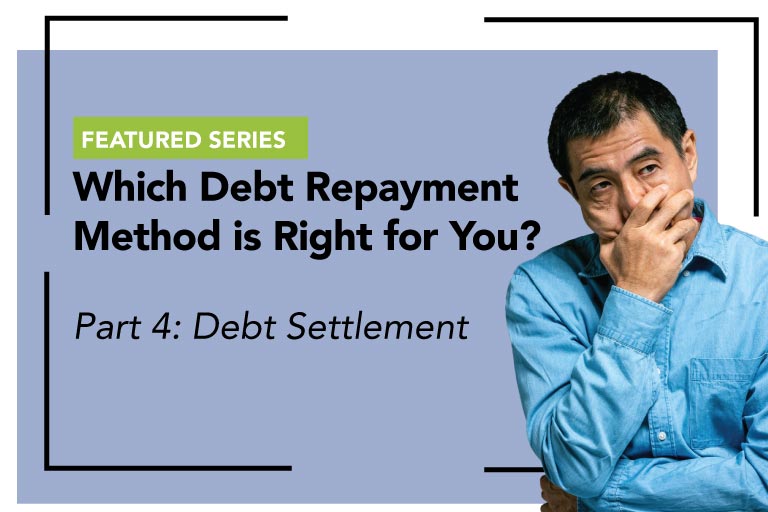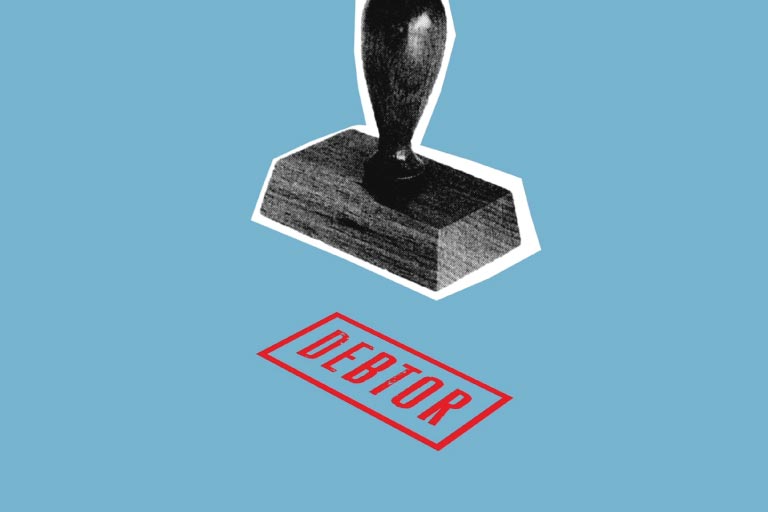Which Debt Repayment Method is Right for You? A Closer Look at Bankruptcy
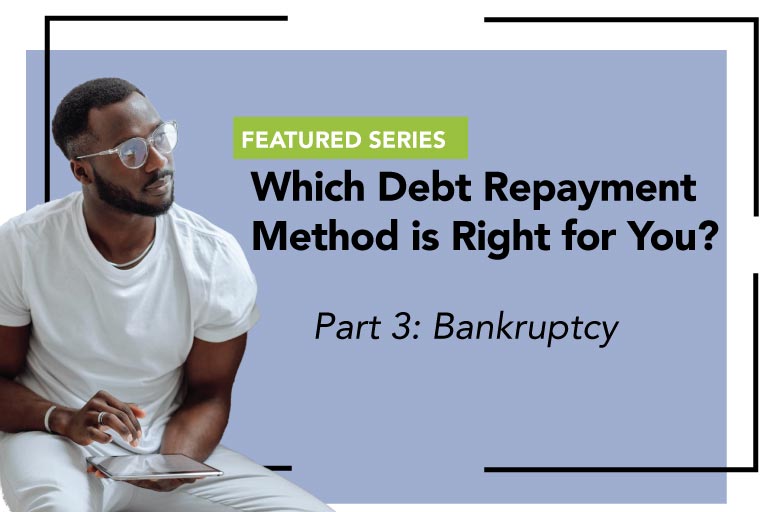
When you have significant credit card debt, you want to develop a plan to pay it off as quickly as possible. The debt can keep you from achieving your financial goals, and if you aren’t careful the growing interest can spiral out of control. For these cases, Bankruptcy may be a solution.
HOW TO USE THIS GUIDE
The guide is broken down into four sections, one for each repayment method: Debt Management Program, Debt Consolidation, Bankruptcy, and Debt Settlement.
Each section will provide in-depth detail about how a particular repayment method works. It will explain how much the service costs, how it may affect your credit, how long it takes, and so on. At the bottom of each section is a Summary section, which highlights this information quickly. Read on, or use these quick links to jump to other sections.
- Part 1 – Debt Management Program
- Part 2 – Debt Consolidation
- Part 3 – Bankruptcy (current page)
- Part 4 – Debt Settlement
As this third part of our ongoing series on debt repayment, we’re taking a closer look at bankruptcy as a potential solution.
What is Bankruptcy?
Bankruptcy is a last-resort legal proceeding that can be used to pay off debt. There are two types of consumer bankruptcy: Chapter 7 and Chapter 13. To qualify for Chapter 7, you must pass a “means test,” which looks at your income and expenses, and meet other requirements.
In Chapter 7, your non-exempt assets are liquidated by a trustee and used to pay off the debt. Any remaining debt is erased (discharged). In Chapter 13, you pay off your debt in a structured plan administered by a trustee.
Before filing for bankruptcy, you are required by law to take pre-filing credit counseling. Near the end of your bankruptcy, you are required by law to take a pre-discharge debtor education course. The counseling and education courses are different than general credit counseling offered in conjunction with a DMP. However, many of our member agencies offer the pre-filing bankruptcy counseling and pre-discharge education course online.
What You Need to Know
How do you get started? Before moving forward, you may want to talk to an attorney. Also, before filing for bankruptcy, you are required by law to take pre-filing credit counseling.
How much does it cost? There is a $335 filing fee for Chapter 7 bankruptcy and a $310 filing fee for Chapter 13 bankruptcy. If you work with an attorney, you will also pay attorney’s fees. These vary depending on where you live, but will likely be between $1,000 and $2,000. You may also pay fees for the required pre-filing counseling and pre-discharge education.
How long does it take? Chapter 7 Bankruptcy usually takes around four months to complete. Chapter 13 Bankruptcy usually takes three to five years.
How does bankruptcy work?
In Chapter 7, you do not make payments. Instead, your non-exempt assets are liquidated by a trustee and used to pay off the debt. Any remaining debt is erased (discharged). In Chapter 13, you pay off your debt in a structured plan administered by a trustee. You will make payments on a monthly or biweekly basis.
Secured and unsecured debts may be repaid or discharged in bankruptcy. However, not all unsecured debt may be. For example, student loans are not dischargeable (except in extremely rare circumstances). Discharged debts are not considered taxable by the IRS.
Discharged debts are not considered taxable by the IRS.
How will this impact your credit? Bankruptcy has a significantly negative impact on your credit.
Chapter 7 bankruptcy remains on your credit report for 10 years from the filing date, and Chapter 13 remains on your credit report for 7 years from the filing date.
While there will likely be a significant initial impact, you can rebuild your credit with good money management.
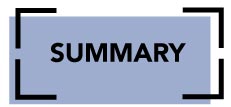 Bankruptcy provides a “clean slate.” However, it comes at a cost. It often significantly damages your credit score. Also, if you are not eligible for Chapter 7, then the process may take between three and five years. If you do qualify for Chapter 7, you may lose assets that are important to you. There are also fairly significant costs in the form of attorney’s fees.
Bankruptcy provides a “clean slate.” However, it comes at a cost. It often significantly damages your credit score. Also, if you are not eligible for Chapter 7, then the process may take between three and five years. If you do qualify for Chapter 7, you may lose assets that are important to you. There are also fairly significant costs in the form of attorney’s fees.
This method of debt repayment is best for consumers in dire situations who have already tried other methods.
Want to continue reading this 4-part series. Click here to jump to part 4.
